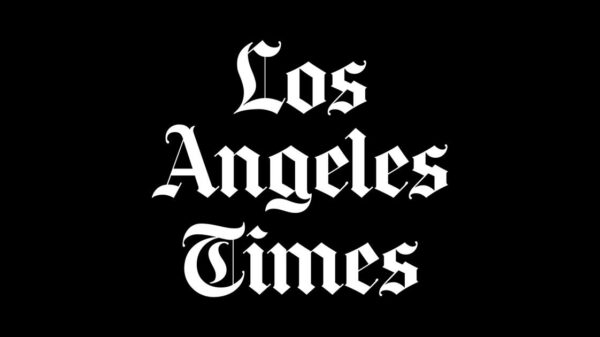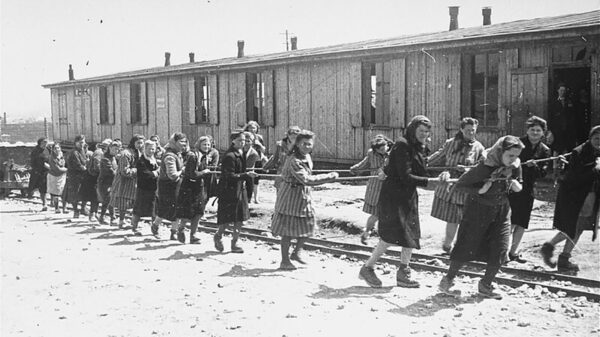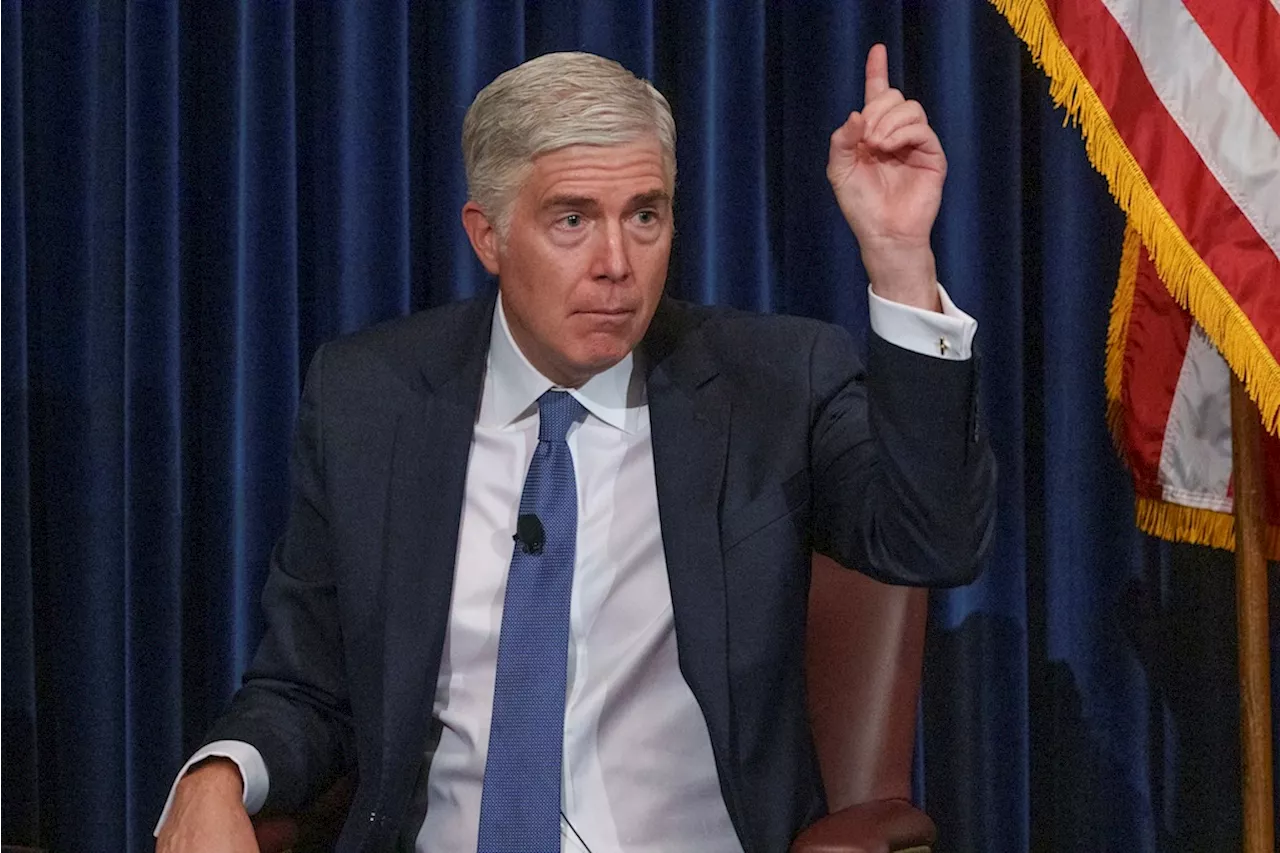On March 10, 2024, the Israeli Supreme Court issued a landmark ruling that the Israeli government has unlawfully deprived Palestinian detainees of adequate food. This decision marks a significant moment in the legal landscape concerning the treatment of prisoners in Israel, especially regarding the rights of individuals held under military law.
The ruling stemmed from a case brought forward by human rights organizations, which argued that the conditions faced by Palestinian detainees were in violation of both Israeli and international law. The court found that the government had systematically failed to provide sufficient nutritional provisions, impacting the health and well-being of those incarcerated.
Legal experts note that this ruling is particularly rare, as it demonstrates a notable exercise of judicial power during a time of conflict. The Israeli Supreme Court emphasized the necessity of adhering to legal norms even amid ongoing tensions and military operations. In its decision, the court highlighted that “basic human rights must be maintained, regardless of circumstances,” underscoring the importance of legal accountability.
The case drew attention from various international human rights groups, which welcomed the ruling as a step toward improving the treatment of detainees. Organizations such as Human Rights Watch and Amnesty International have long criticized Israel’s practices regarding Palestinian prisoners, calling for more transparency and adherence to international standards.
According to reports, the ruling mandates a review of the food provisions available to Palestinian detainees, which could lead to significant changes in prison policy. The court has ordered the Israeli government to submit a report detailing the measures it will implement to ensure compliance with the ruling within the next six months.
This decision arrives at a critical juncture, as the humanitarian situation in the region remains tense. Many Palestinian detainees have raised concerns about inadequate medical care and poor living conditions, contributing to a broader dialogue about human rights in the context of the ongoing Israeli-Palestinian conflict.
The Israeli government has yet to comment on the ruling. Observers are keenly watching how the administration will respond to the court’s requirements and whether this ruling will prompt a shift in policy regarding the treatment of Palestinian prisoners.
This ruling is a reminder of the judiciary’s role in overseeing the actions of the government, particularly in wartime conditions. As the situation develops, the implications of the court’s decision may reverberate beyond the immediate context, influencing future legal precedents related to prisoners’ rights in Israel and the occupied territories.






































































